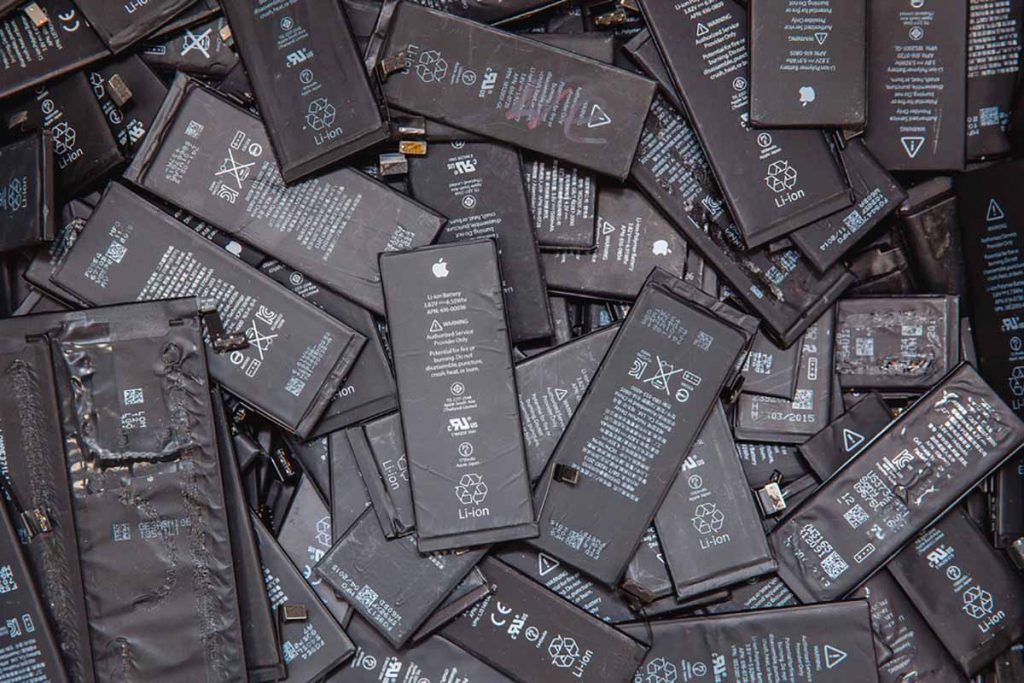
The Rochester, N.Y. plant will be able to process up to 5,000 metric tons of spent lithium-ion batteries per year. | Parilov/Shutterstock
A lithium-ion battery recycling plant has come on-line in upstate New York.

The Rochester, N.Y. plant will be able to process up to 5,000 metric tons of spent lithium-ion batteries per year. | Parilov/Shutterstock
A lithium-ion battery recycling plant has come on-line in upstate New York.
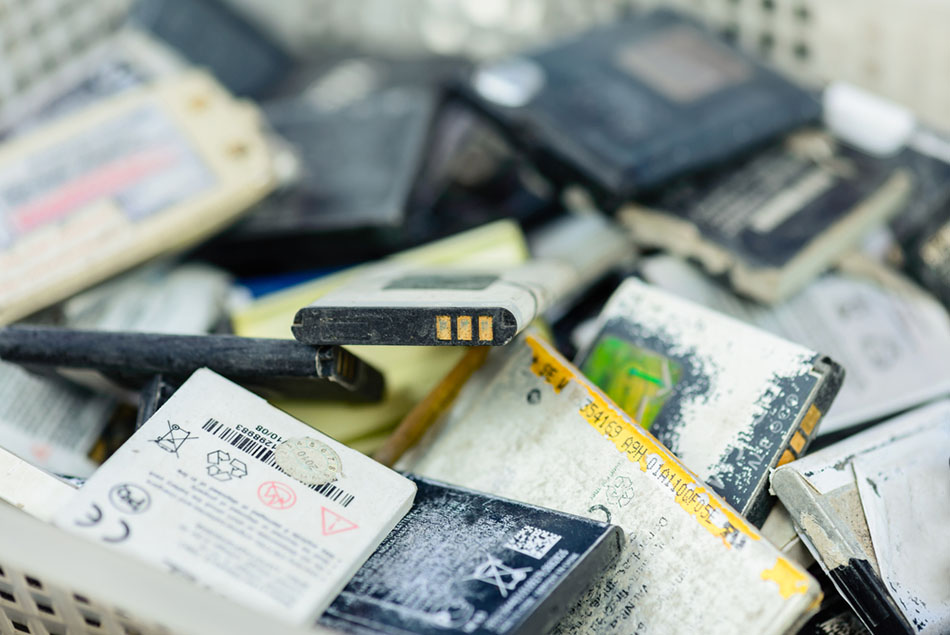
Li-Cycle Incorporated recently announced plans for a Rochester, N.Y. facility capable of processing at least 10 million pounds of lithium-ion batteries per year. | Vietnam stock photos/Shutterstock
Canadian firm Li-Cycle Incorporated, which handles lithium-ion batteries from e-scrap and other sources, is developing a $175 million processing hub in the U.S.
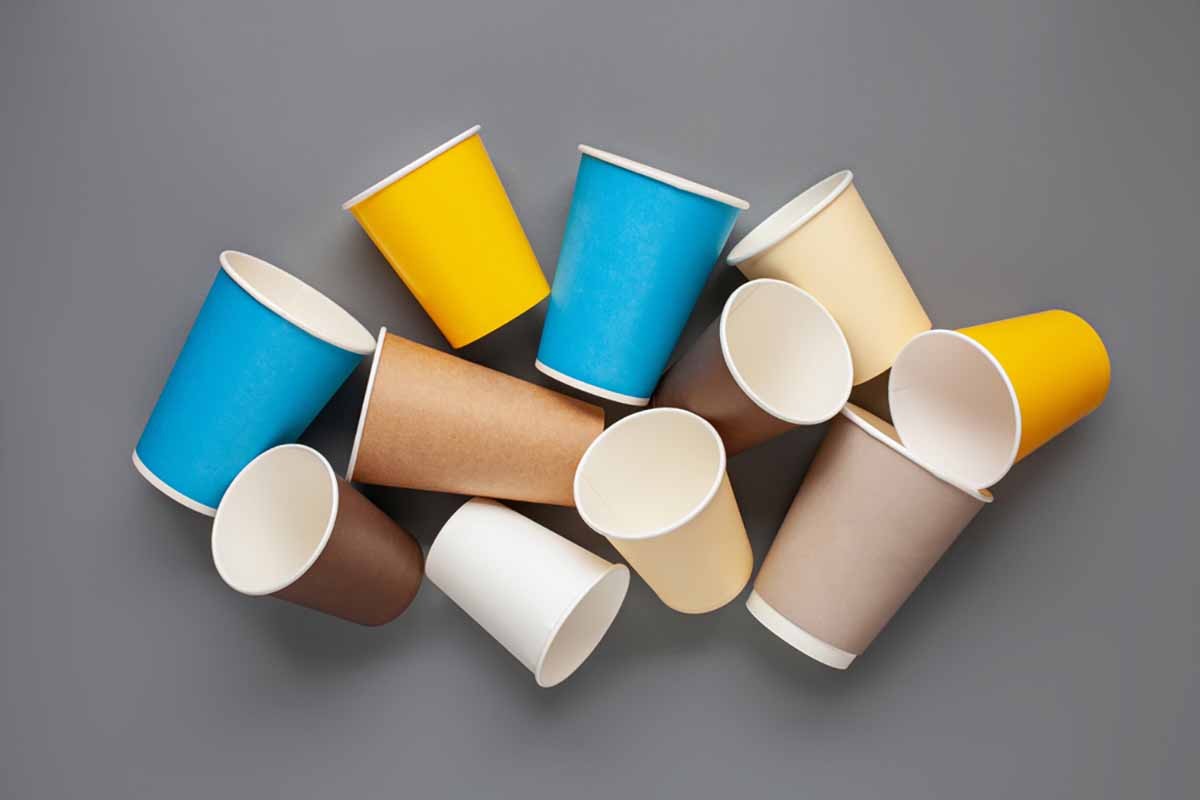
Disposable coffee cups like these have a plastic coating that has historically left them out of the recovery and recycling process. | NatalyaBond/Shutterstock
Georgia-Pacific this week said two of its mills are bringing in mixed-paper bales that include single-use cups with a polyethylene barrier layer.
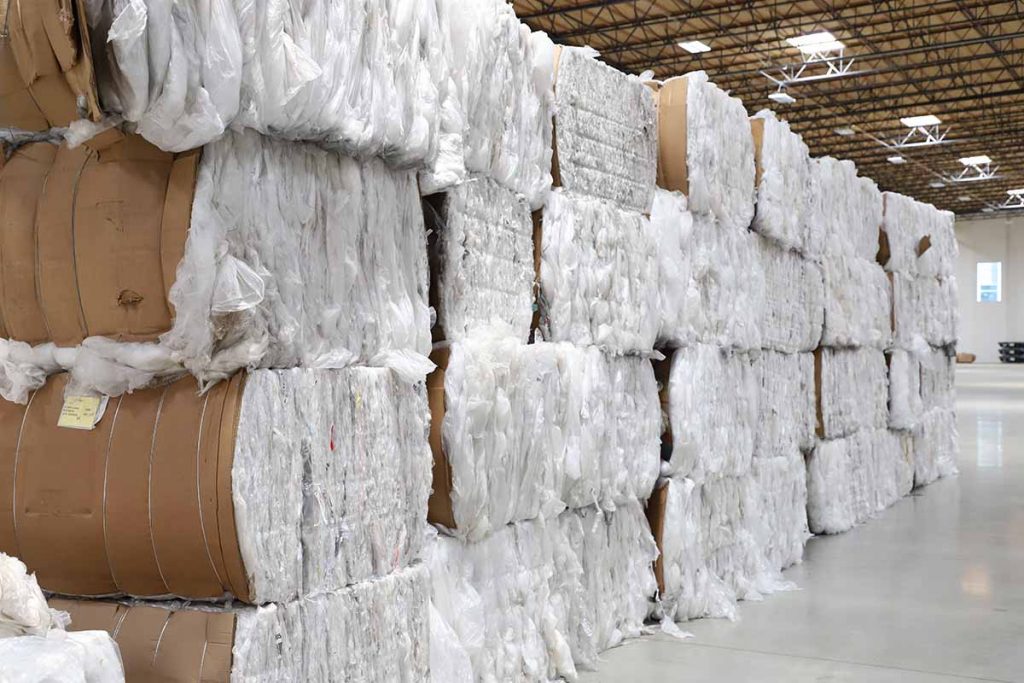
PreZero’s Riverside, Calif. facility has begun running test loads of LDPE and LLDPE recovered film and producing pellets.
A company planning multiple U.S. processing plants taking in hard-to-recycle plastics has begun operating its first location in Southern California.
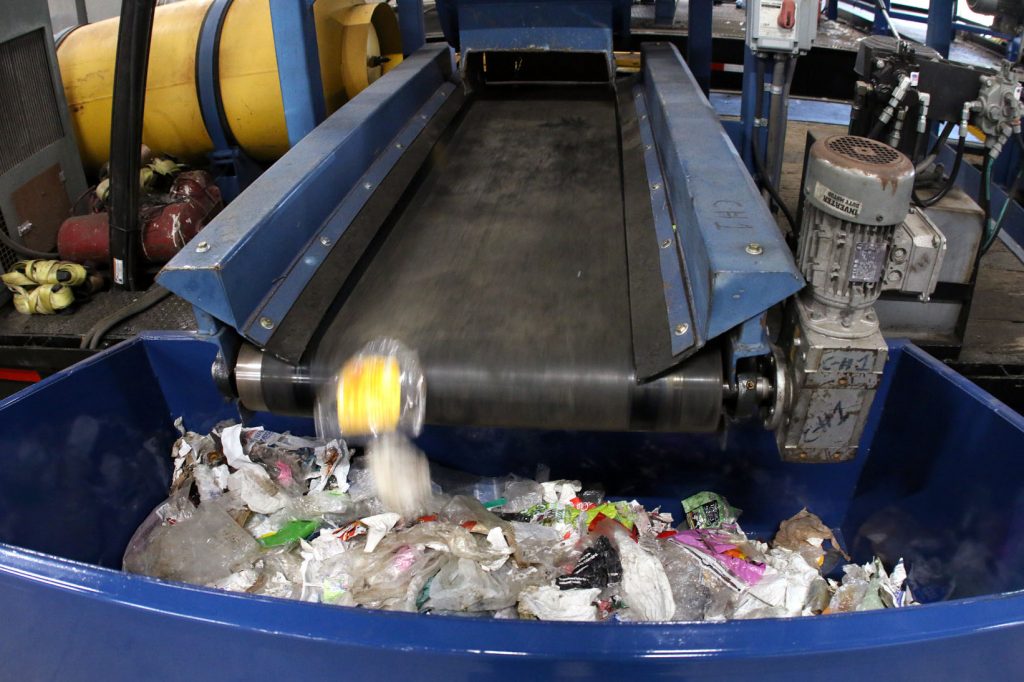
The TotalRecycle MRF saw a 70% contamination reduction in its mixed paper and old newsprint bales from installing the flexible packaging sortation equipment. | Jared Paben/Resource Recycling, Inc.
A multi-stakeholder project was able to hit some goals separating flexible plastic packaging from other recyclables at a MRF. But backers also reported significant hurdles moving material downstream cost-effectively.
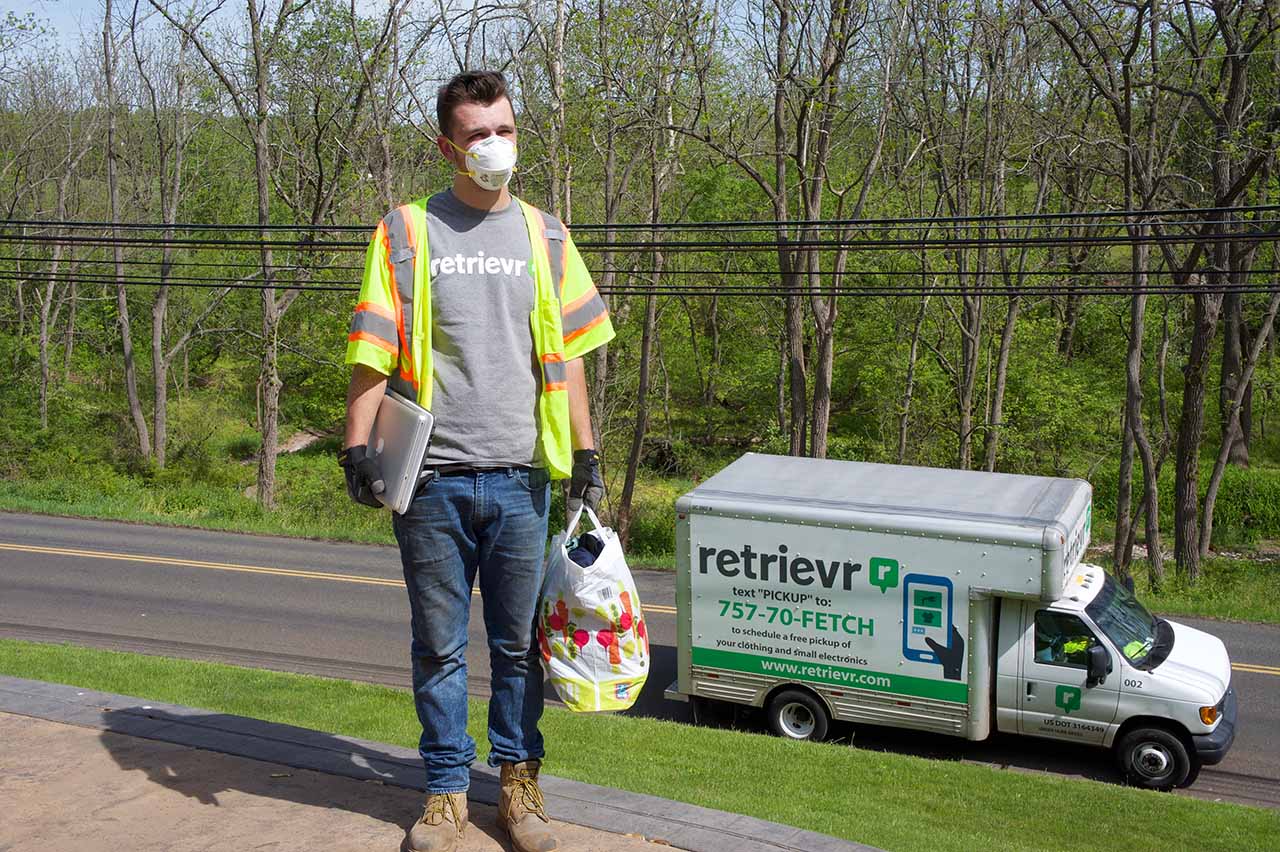
A Retrievr employee collects a laptop and textiles from a home in Pennsylvania. | Courtesy of Retrievr
Retrievr will begin collecting scrap electronics and used textiles from the porches of Philadelphia homes, after city officials selected the company to participate in a pilot project.
Continue Reading
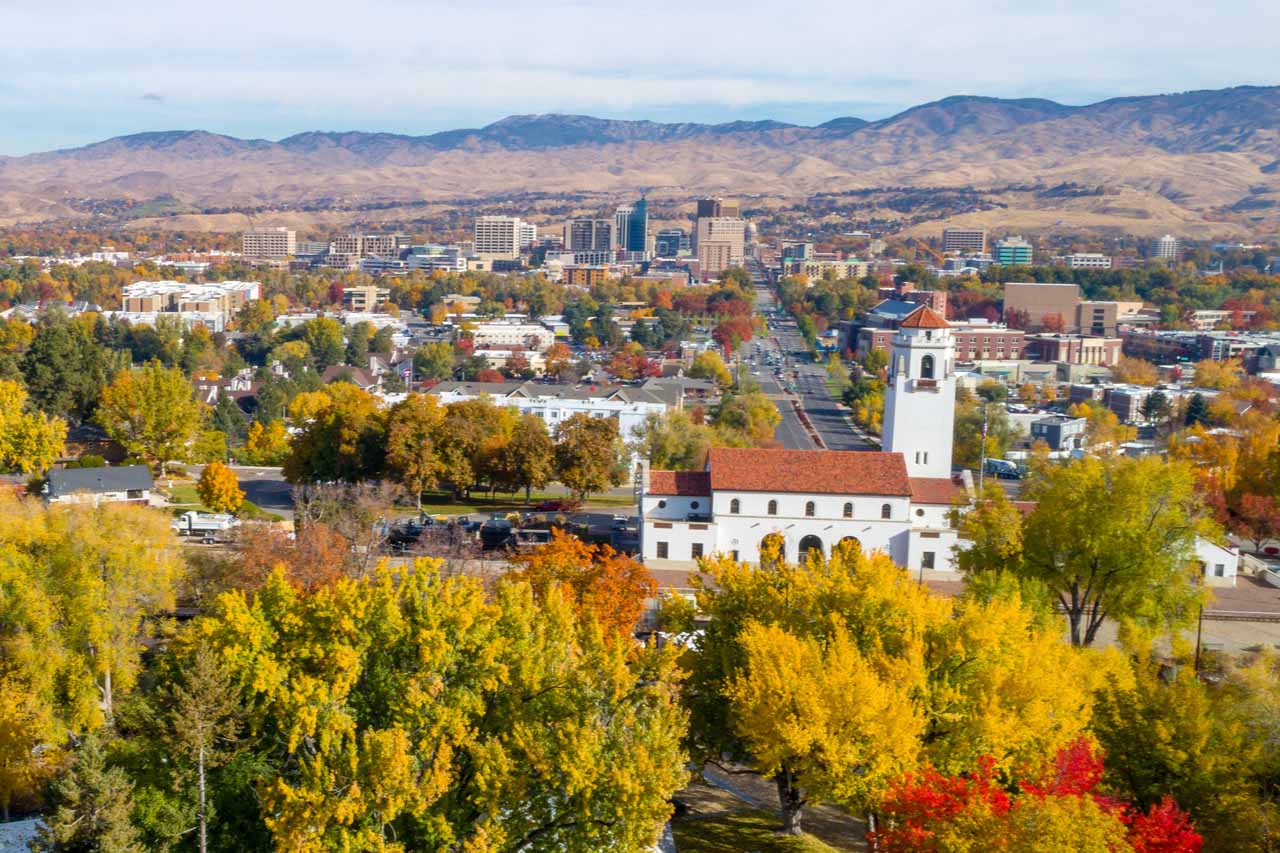
Boise will send materials to a Utah cement manufacturer on a temporary basis until September. | Charles Knowles/Shutterstock
Boise, Idaho will send hard-to-recycle plastics to be used as fuel for a cement manufacturing operation in Utah, after being without a solid downstream market for more than a year.
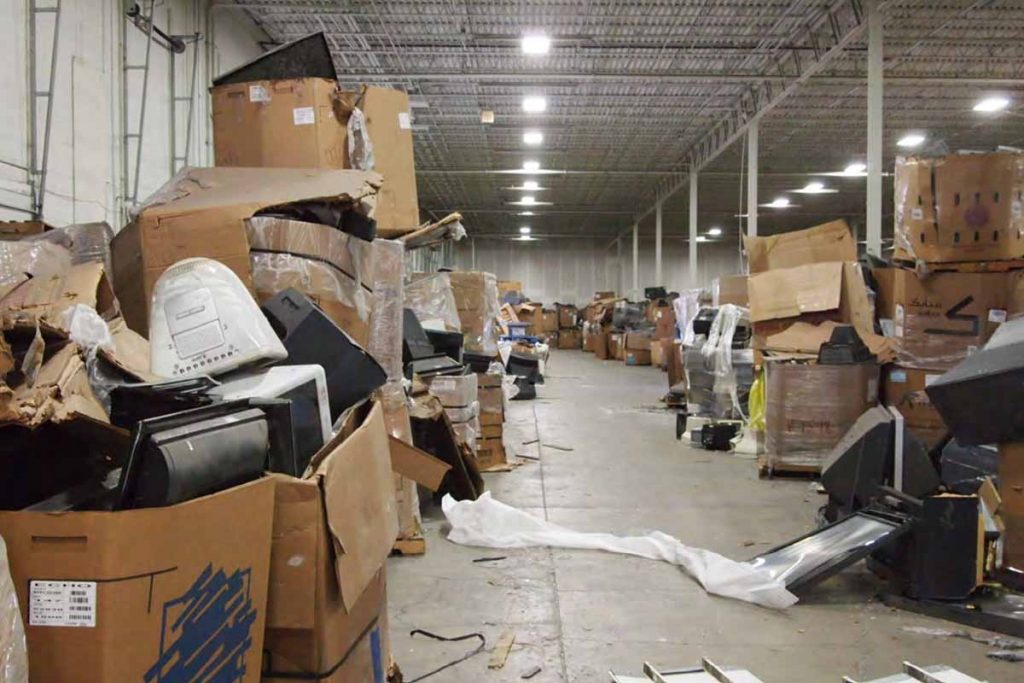
A photo from consulting firm AECOM shows a view inside of 1655 Watkins Road in 2015, when Closed Loop still operated in the space.
Electronics recycling company Novotec will be paid up to $14 million to recycle or dispose of over 128 million pounds of materials from old TVs and monitors that were abandoned in warehouses in Ohio, newly released documents show.
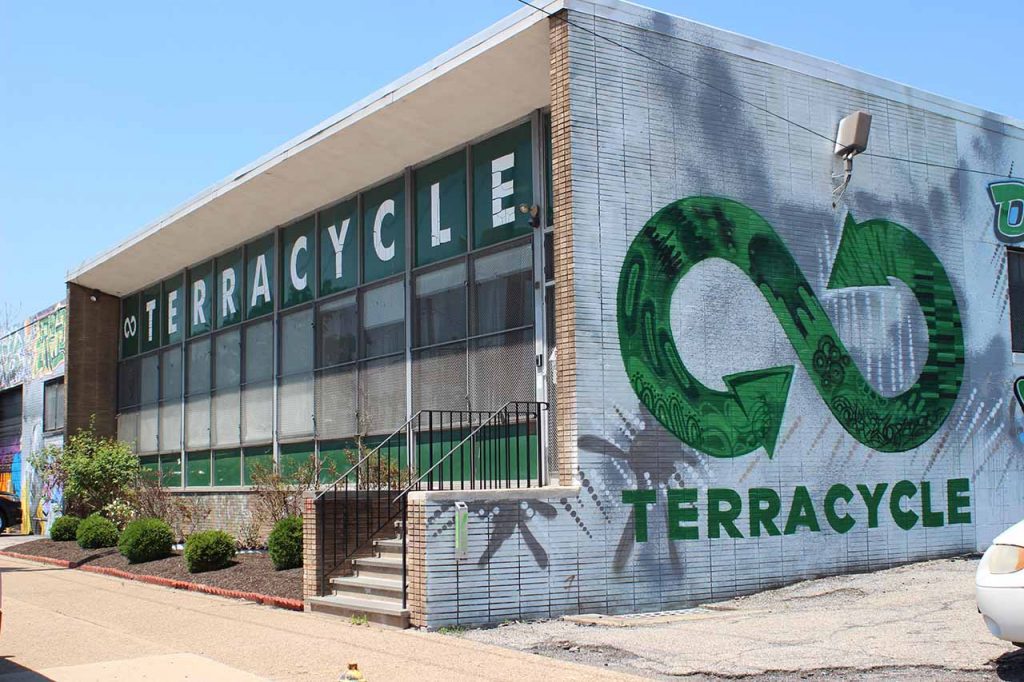
TerraCycle US sold $5.81 million worth of recycled plastic and other materials in 2019, well over double its net sales from the prior year. | Courtesy of TerraCycle.
A car seat recycling deal with a major retailer helped boost TerraCycle’s recovered commodity sales by over $3.5 million last year, according to a financial report.

